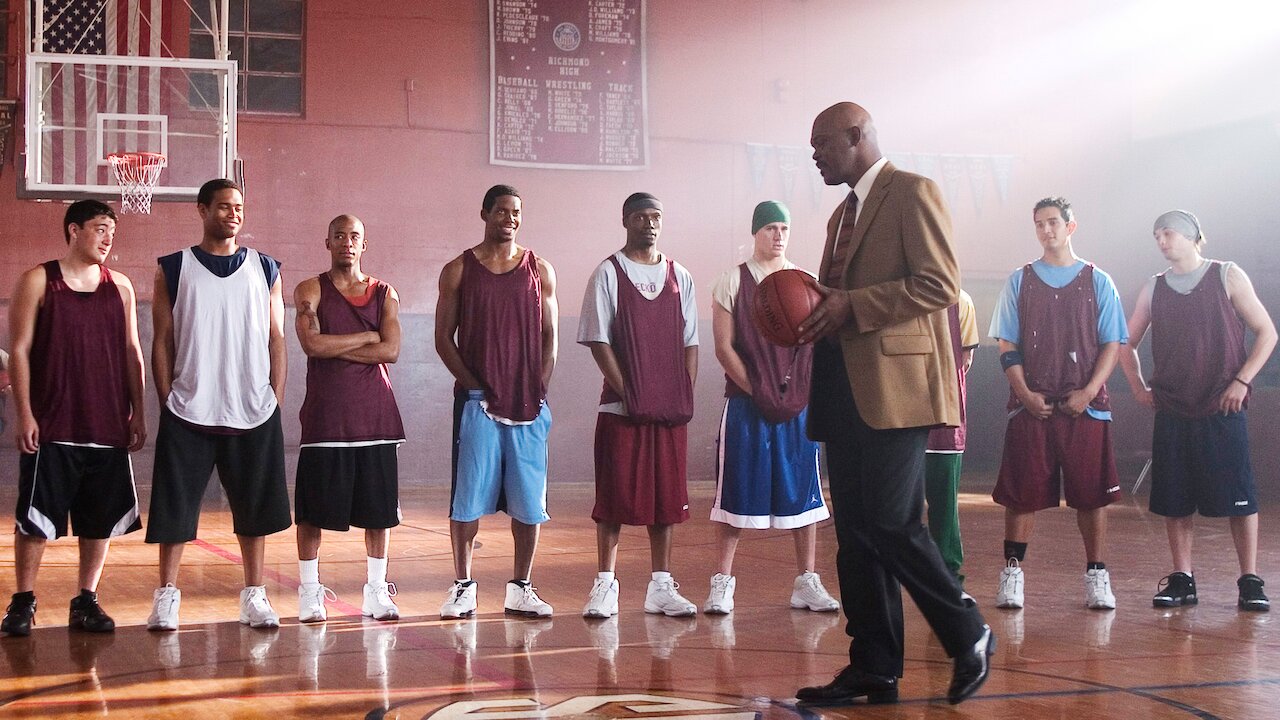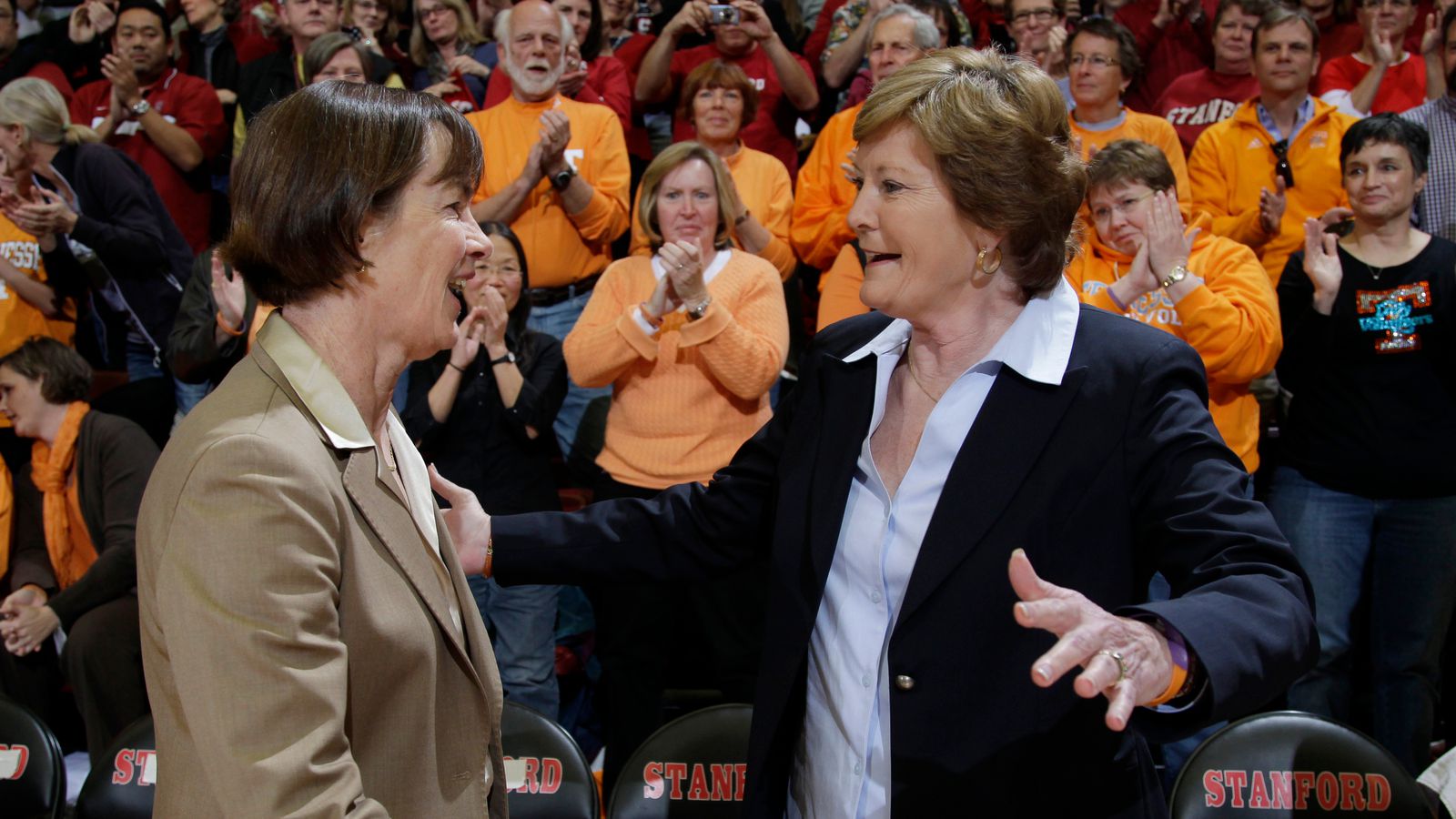There’s a scene in the critically acclaimed sports drama film, The Way Back (2020), where Ben Affleck’s character, Jack Cunningham, falls face-first down the front steps of a house with such force that he splinters a railing and goes flying down a hill, landing bleeding in the road. This is after he drunkenly runs his car into a parked boat, and after he goes into—and is chased out of—the wrong house, drunk. But not more or less drunk than Ben Affleck’s character spends most of the movie.
Cunningham is drunk in his shower, getting ready for work. He’s drunk at work. He’s an ironworker who is apparently left alone most of the time, up extremely high in the skeletal metal frames of construction sites with a blowtorch and a Yeti travel mug full of beer or vodka.
He’s drunk at the local bar where a kind, older guy carries him home most nights. He’s drunk leaving voicemails he’ll forget. He’s drunk at the high school he used to attend, where he eventually agrees to a job coaching the boys’ basketball team. He’s drunk at practice. He’s drunk when he finally gets fired for being drunk at practice.
I liked The Way Back, but not because it was good. It was a low-stakes story with an arc so familiar that, much like Affleck’s character’s drinking, it was rhythmic. I had seen this movie before, I knew this story.
A guy with his glory days behind him and demons barely contained takes on something meant to move him forward in life but winds up sending him full circle, on a collision course with a younger version of himself and where his problems started. It’s not always a basketball movie or even a sports movie, but when it is, it’s always a man wreaking a specific kind of psychic havoc on the people around him.
Miraculously, considering all the drunk driving and the drunk iron-working, Affleck’s character doesn’t overtly hurt anyone else with his drinking in The Way Back, but he does lean dutifully into the same hard and physically focused coaching methodology outlined by another forebear in this genre; Samuel L. Jackson in the 2005 biographical film Coach Carter.
Jackson’s Carter doesn’t drink, but he does demand a similarly regimented conditioning routine of his high school players. In one dramatic scene, he goes so far as to crash a team party, discovering in the process that the previous agreement he’d struck with the boys to keep up their grades has gone out the window. As punishment, Coach Carter chains and padlocks the doors to the high school gym closed, temporarily ending the team’s season.
In both movies, basketball as a pursuit is removed because of negligence—whether collective or individual—and in both movies the joy of basketball is eventually restored. Carter and Cunningham’s teams go on to lose the big game each story had been driving toward, but the conclusion is that basketball is entirely enough.
Basketball is the steadying anchor, the bucolic backdrop, it’s why, in both movies, there is never grave concern for either of the main characters. You aren’t afraid they are going to rage and wreck their particular brands of betterment, nor doubt they will settle down before the credits roll with the metronome of a ball on the hardwood like a heartbeat behind them.
When I think about either movie and the tired, life-sore, occasionally destructive but well-intentioned coach trope in each, I also realize that these stories are familiar and comfortable because these characters are men.
Cast any woman as a lead in a movie like The Way Back and it would instantly have to skew slapstick, a lewd kind of comedy, or fully tragic, with the demons coming out on top.
There is no world in which a woman gets to live a life on the margins, with zero accountability, caught up in her own crises, and still play a root-for-able underdog with a good heart who was just dealt a bad hand.
Let alone to have her be responsible for other people’s children.
The tragedy eventually unearthed in The Way Back is that Jack Cunningham’s young son died of cancer, leading to his marriage falling apart and his estranged wife still worrying over his well-being. Affleck’s character is allowed to retreat and nurse his wounds alone, to be a fuck-up but still funny, still redeemable, with a great athletic talent he nobly decided to walk away from and can pick up again to help some high school kids succeed. A woman in that role would be bound to her tragedy; her failure as a mother implicit if she didn’t let the grief hang around her neck full time.
It isn’t only in film that women are limited to what is comfortable for the viewer, or the broader public; in real life, women are rarely afforded the same moments of stoic bravado as Jackson’s portrayal of the real Coach Carter’s actions. If a high school or college basketball coach barred her players from the gym, she’d likely be out of a job.
Tara VanDerveer, who last December passed the late Pat Summitt as the winningest women’s coach of all time, initially applied to twenty colleges for an unpaid graduate assistant position and only heard back from two. In her first year at Ohio State, VanDerveer said she was on food stamps, broke, and paying for school. In her first year as head coach at Idaho State, her salary was $13,000.
The legendary Summitt, who made $250 per week her first year as head coach of the Tennessee Lady Vols, drove the team to games, once slept on the floor of the other team’s gym, and washed her players’ uniforms.
Summitt and VanDerveer got their starts in the 1970s, when it wasn’t a lack of opportunities in women’s basketball that was the biggest challenge, but a lack of women’s basketball. As of last season, 63% of head coaching positions in women’s college basketball were held by women, 222 jobs in total. It’s a steady uptick but the challenge of relevancy, when compared to men’s college basketball, remains.
On the professional side, it doesn’t get much better.
Of the 12 WNBA teams in the 2021 season, seven were coached by men.
The question of candidacy and credentials aside, the general interrogation of women in head coaching roles remains, especially when it comes to the crossover of a woman’s personal and professional life.
In March 2012, a sports columnist at the Tennessean, David Climer, wrote an op-ed calling for Summitt’s immediate resignation as head coach of the Lady Vols. In it, Climer called for Summitt to retire “for the good of the team” due to the publicly perceived deterioration of her cognitive health following her diagnosis of early-onset Alzheimer’s disease.
Climer references an instance where Summitt, who went to the visitor’s bench after every game, stood up during the postgame at some point in the season and appeared to have no idea what to do until her longtime assistant, Holly Warlick, came over and spoke with her. While Climer treats that instance as absolutely indicative, Climer also admitted on a podcast years later that he “didn’t cover the Lady Vols every game.”
When asked why he wrote it, Climer says simply that it “had to be said,” but wasn’t sure whether Summitt’s retirement, the announcement of which came soon after Climer’s story, was, in fact, “Pat’s final call.”
Climer’s justification was that the program has to be bigger than the person, which in college or pro sports is absolutely true. But Climer and the broader, paternalistic behavior of being prescriptive of a woman’s decision of how to manage her career and personal health was also undeniably patronizing.
Spurned to act, the University of Tennessee likely stepped in to ask Summitt to step down. Summitt’s announcement was praised as being as classy and cool-headed as her coaching style, but there was never a world in which it had room to be anything but. So strong was the fear that, for even a minute, Summitt would appear less than in complete control of herself and the larger team ecosystem—and how that would reflect on the school—that her personal choice was overridden.
A part of me can’t even picture what it would be like to watch a woman in a film role where her destructive behavior took a backseat to her undeniable and compelling skill as a coach, an athlete; her perceived value as a person. For men, the trope of asshole coach has basically reached the point of being a Batman movie—you’ll see it knowing the story will be exactly the same, comforting in its sameness, just to watch this new, specific interpretation.
I have the same difficulty when picturing a woman becoming a head coach in the NBA and not instantly being hyper-dissected and made immediately fallible. There is no model for the fiction because there are so few examples of the real thing, and the big ones, the good ones, still have to be perfect to count. I don’t want to sit back and watch women in basketball and hold my breath, in real life or in the dark of a theatre. I want the familiar arc, the easy rhythms. I want, more than anything, to already know this story.












